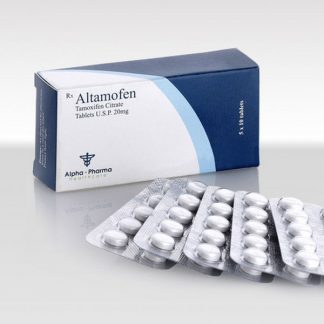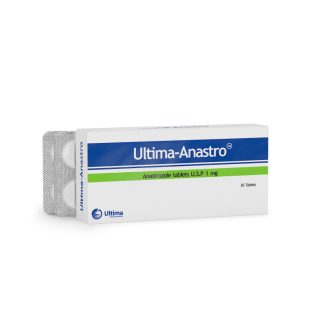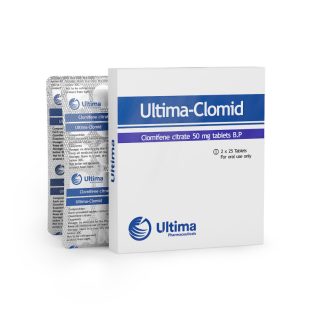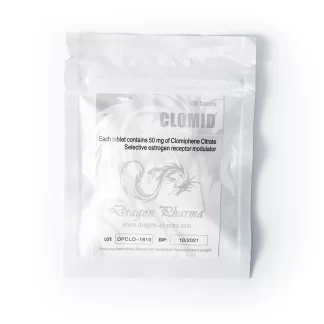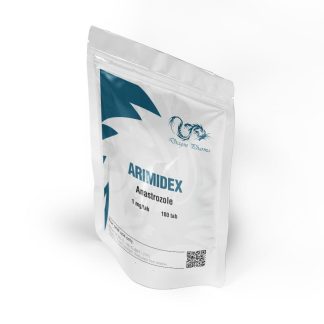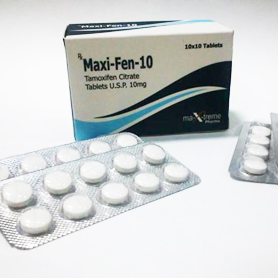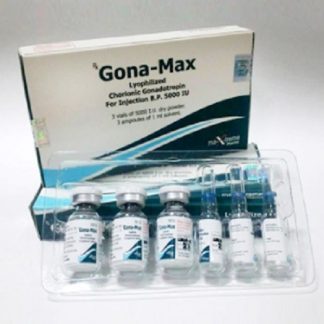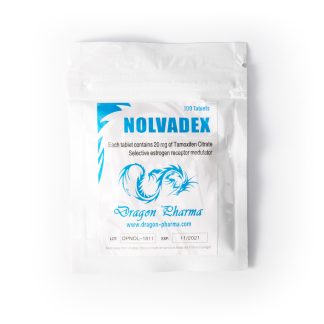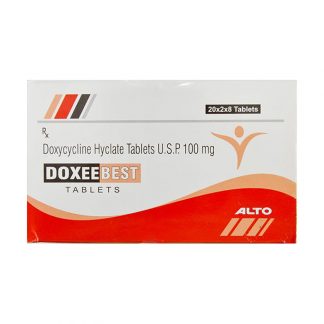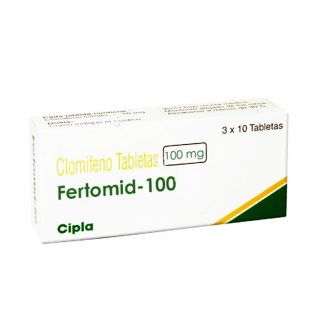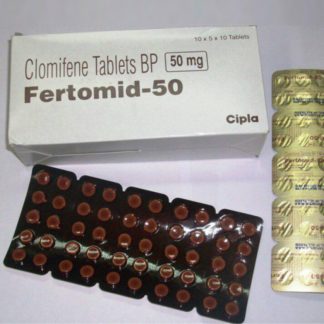Fertility drugs
The most commonly used drugs for these purposes are based on the following active substances:
Clomiphene citrate (clomid) — causes ovulation, indirectly increasing the production of follicle-stimulating hormones (FSH) by the pituitary gland. It is prescribed if there are problems with the ovaries (for example, polycystic ovaries) to increase the number of simultaneously growing follicles and eggs.
Clomid dosage and administration
The recommended clomid dose for the first cycle is 50 mg once a day for 5 days, starting from the 5th day of the menstrual cycle. If ovulation occurs, there is no need to increase the dose in subsequent treatment cycles.
If there is no effect, the 2nd cycle of treatment is prescribed (no earlier than 30 days after the first) at a dose of 100 mg for 5 days; an increase in the dose or duration of treatment should not be made.
The effective full course for most patients is 3 cycles. If there is no effect, further continuation of treatment is impractical.
HMG
Urinary gonadotropins — HMG) are a combination of anterior pituitary hormones (FSH and luteinizing hormone (LH)) obtained by purifying the urine of postmenopausal women. Drugs are used (in particular in IVF) to stimulate ovarian function and increase the quantity and quality of the resulting eggs. They act directly on the ovaries.
Showing 1–12 of 28 resultsSorted by popularity
-
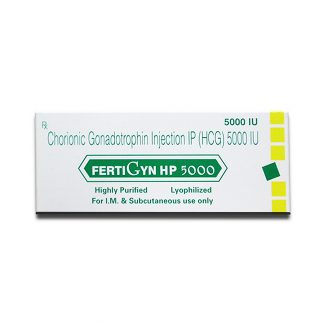
FertiGyn (hCG 5000IU vial)
$34.10 Add to cart -

Altamofen (Tamoxifen 20mg)
$27.50 Add to cart -

Ultima-Anastro (Anastrozole 1mg 30 pills)
$30.00 Add to cart -

Ultima-Clomid (Clomifene 50mg 50 pills)
$17.00 Add to cart -

Clomid (Clomifene 50mg 100 pills)
$64.90 Add to cart -

Arimidex (Anastrozole 1mg 100 pills)
$85.80 Add to cart -

Maxi-Fen-10 (Tamoxifen 10mg)
$24.20 Add to cart -

Gona-Max (hCG 15000IU – 3 vials of 5000IU each)
$66.00 Add to cart -

Nolvadex (Tamoxifen 20mg)
$50.60 Add to cart -

Doxee Best (Doxycycline 100mg 30 pills)
$11.00 Add to cart -

Clomid 100mg / Fertomid-100 (Clomifene 100mg)
$11.00 Add to cart -

Clomid 50mg / Fertomid-50 (Clomifene 50mg)
$7.00 Add to cart
Showing 1–12 of 28 resultsSorted by popularity
